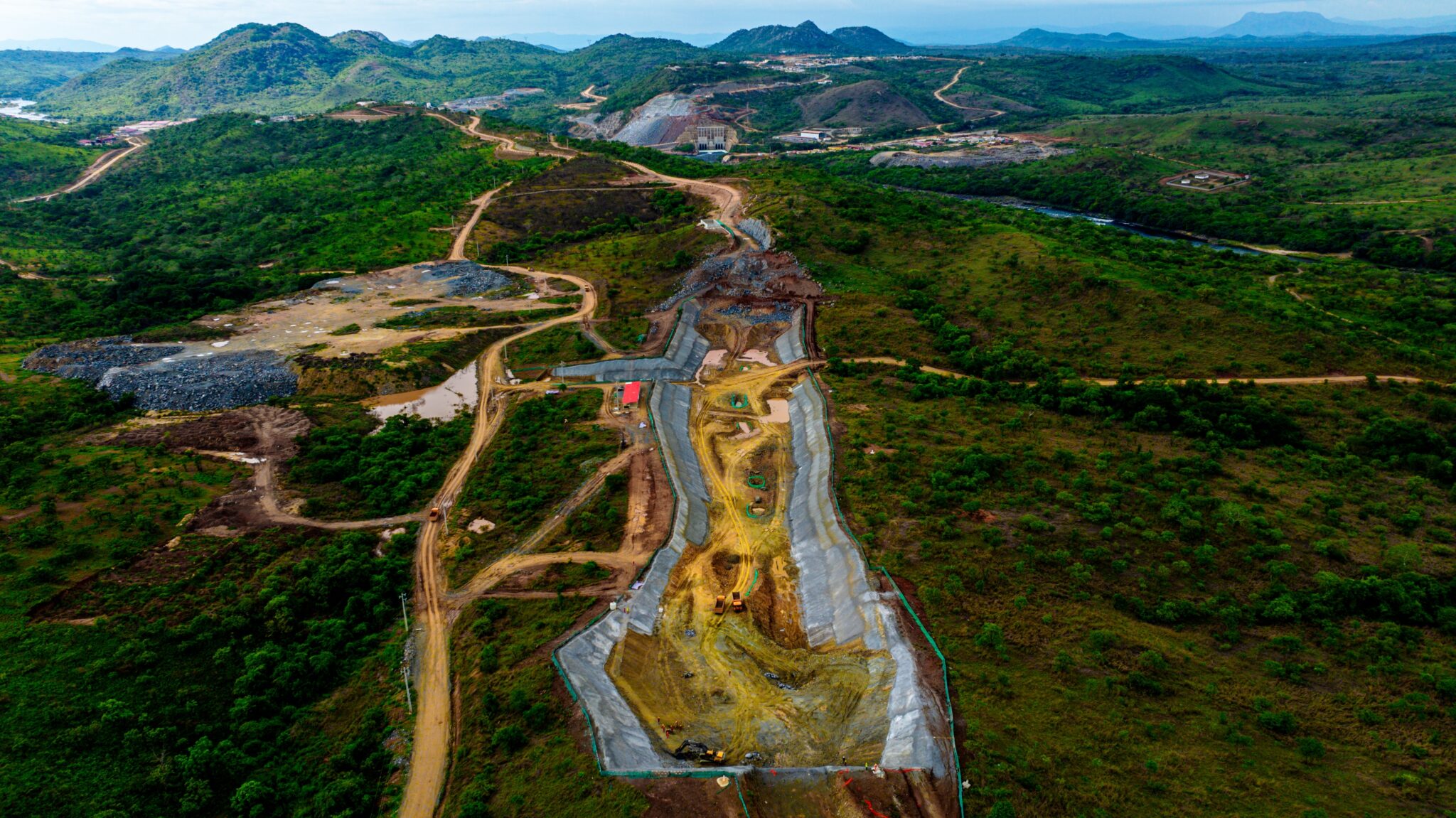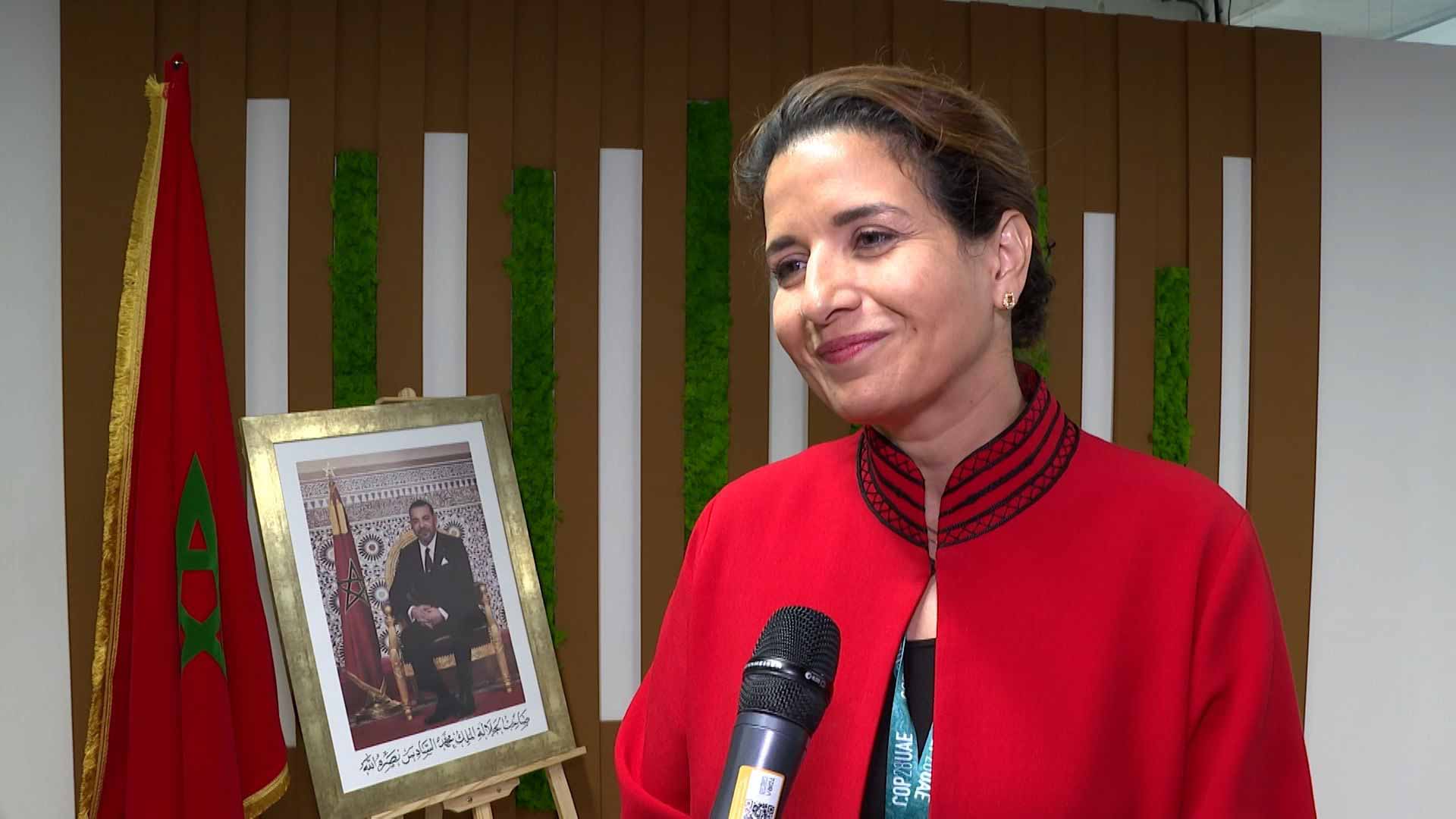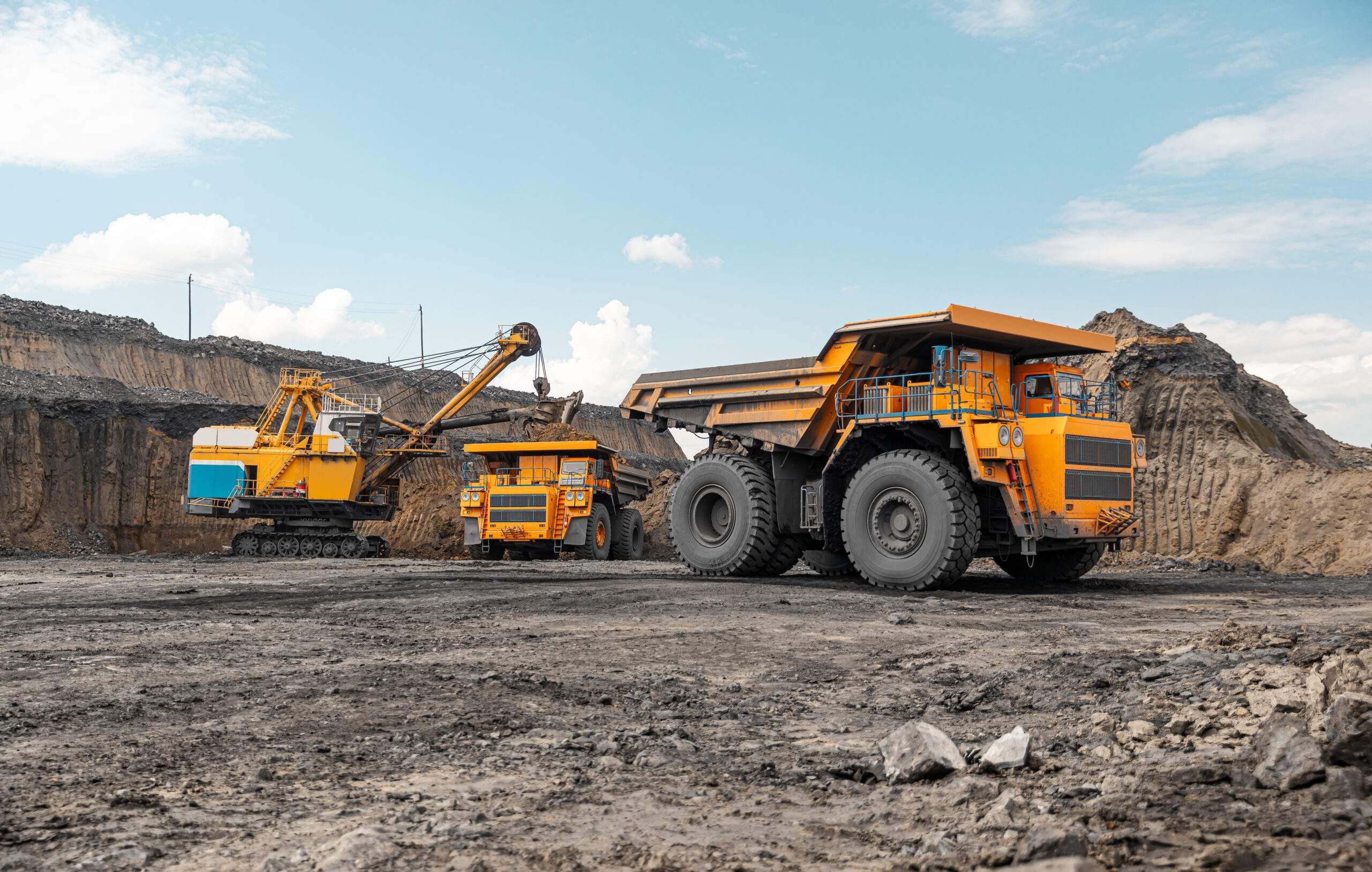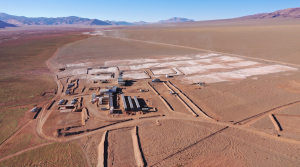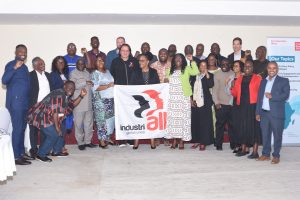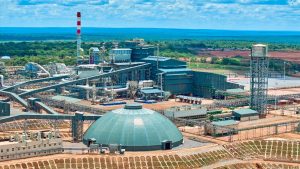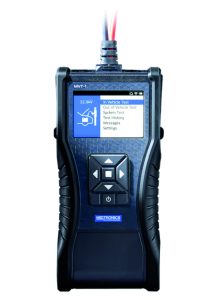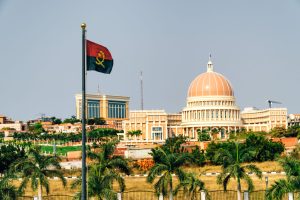Water risk rises as mining grows in Africa
Sathisha Barath
While many African countries benefit from mining’s growth, there remain concerns about communities adjacent to mines facing risks to their groundwater or surface water supply and resources – casting a spotlight on mines’ water stewardship responsibilities.
“Africa’s world-class copper belt, for instance, holds great potential for the future, and mining development there needs to manage its water issues carefully,” said Ismail Mahomed, partner and principal hydrogeologist at SRK Consulting. “This is vital not only for mines to comply with local regulations and global industry standards, but to protect their broader social licence to mine.”
Mine dewatering is among the many facets that raise this risk, especially in regions of low rainfall like southern and northern Africa. Contamination of water resources continues to pose a potential liability and risk for any mining operation, said Mahomed, particularly as the bar is steadily raised so that the objective of leaving a safe environment behind on mine closure is achieved.
Plan for closure
“It is today clearly understood that closure planning needs to start from day one,” he said. “There is no longer tolerance for the kind of contamination caused historically by mining.”
There is also a growing concern in metals markets about ethical and sustainable supply chains in mining. He points to mining companies in countries like the Democratic Republic of Congo, where copper and cobalt mining is ramping up to meet the demands of a lower carbon future. Industry benchmarks such as the Copper Mark have become essential for mining companies that understand current trends in customer expectations.
“Responsible sourcing of minerals – especially those related to battery and renewable energy technology – is becoming entrenched in the supply chain of key markets like Europe,” he explained. “Mining responsibly has wide-ranging implications that include water management, so the leading mining companies and their industry bodies are embracing water stewardship principles to ensure they are good neighbours in the catchments where they operate.”
Supporting sustainability
To effectively underpin and apply the right policies, mines need specialised technical expertise that will generate accurate data and analyse it so that it is practically useful. They also benefit from taking a strategic view of water stewardship rather than focusing solely on compliance, according to Sathisha Barath, principal hydrogeologist at SRK Consulting.
“In response to mining regulations, many companies accrue large volumes of compliance monitoring data; however, data interpretation and trend analysis can be optimised using ‘big data’ management tools. The focus should be on quality data collection and analysis to inform decisions, rather than on data quantity or a ‘tick-box’ exercise.”
She pointed to compliance requirements such as monitoring of water resources through borehole sampling. While a company can comply by meeting certain minimum deliverables, this activity may contribute only modestly to the sustainability of the mine or its environment. Water samples may be collected, tested and documented according to legal guidelines, for instance, but ultimately this data should be used to optimise the mine’s environmental management strategy – which in turn is to protect human health and the environment.”
Models and tools
Mahomed highlighted the potential to create digital dashboards to make better use of information gathered, allowing quick and easy access to water-related data on a mine site and broader catchment.
“On the strength of tools like numerical models, mines can define the best way to implement their dewatering programme, making sure that they ‘close the loop’ with additional data as it is collected,” he said. “It is important that models are not used blindly but are rooted in mine-specific data and continuously improved based on ongoing scientific observations.”
Meaningful targets
Barath said that by taking an integrated approach to water management, clients can be assisted in developing tailored and site-specific solutions with meaningful targets in line with the mine’s strategic objectives.
“This means avoiding ‘copy-and-paste’ compliance with checklists, and rather pursuing a technically sound long-term solution that is cost-effective and meets regulatory compliance standards,” she explained.
With its wealth of experience in surface water and groundwater solutions, SRK Consulting’s Water and Environmental Technology (WET) team works around Africa helping mines to manage their water supply, dewatering and other related challenges.
Working with other specialisations in the business – such as mining and environmental, social and governance (ESG) experts – the WET team of mainly hydrologists and hydrogeologists is involved in studies such as due diligence and feasibility, as well as environmental and social assessments (ESIAs).
Share this content:


